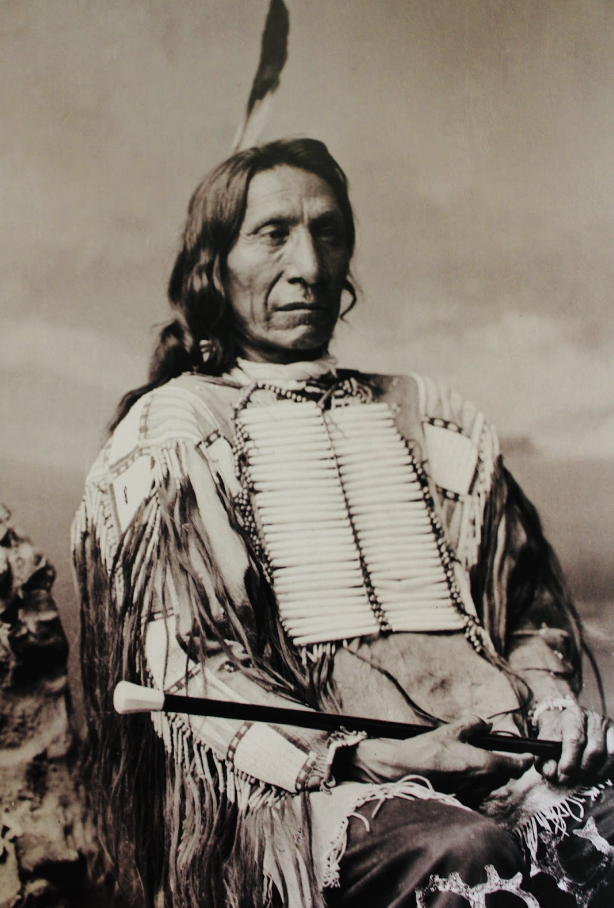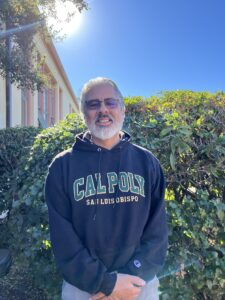November is Native American Heritage Month to recognize and celebrate Native American contributions, cultures, and history. This month allows the nation to acknowledge the ongoing legacy of Native communities and their influence in how they helped shape American society.
In 1976, President Gerald Ford established Native American Heritage Week. It was later expanded to a month in 1990 to provide more opportunities for awareness, education, and celebration of Native American heritage. By highlighting stories, traditions, and achievements of Indigenous people, the United States encourages a better understanding and more respect for the diverse cultures that have been extremely important to the nation’s history.
One of the primary reasons why November is an important month is because it offers opportunities to counter historical misrepresentation. Much of U.S. history has portrayed Native Americans in stereotypical and inaccurate manners. Indigenous people are frequently described as noble savages or vanishing cultures, which reduces their complex and diverse identities to incorrect narratives. Native American Heritage Month challenges these stereotypes by elevating the voices of Indigenous individuals, scholars, leaders, and artists by highlighting the continuous contributions that they have had to American society. This encourages a better understanding of their incredibly diverse cultures, with more than 500 tribes all across the United States. Each tribe has its own language, traditions, and history to show a more accurate portrayal of their heritage.
November not only shares Native culture, but it also serves as a time for reflecting on the ongoing challenges that Indigenous communities continue to face. Native Americans still deal with systemic issues such as poverty and lack of healthcare in their communities. November encourages advocacy and raises awareness about these issues, promoting discussion about the importance of policy changes and better recognition of Native American rights. It also provides a platform for Native American activists and leaders to raise their voices on issues such as missing and murdered Native women, land rights, and the preservation of sacred sites.
Native American Heritage Month is important for multiple reasons. It’s necessary to bring awareness to Indigenous history and culture, it provides a platform for empowerment and celebration within Native communities, and promotes reflection on the ongoing challenges Native Americans face. Most importantly, it serves as a reminder that Native culture is not something that people should brush off. By acknowledging and celebrating their heritage, our nation not only honors the past, but sets the stage for a more inclusive future.






Be First to Comment